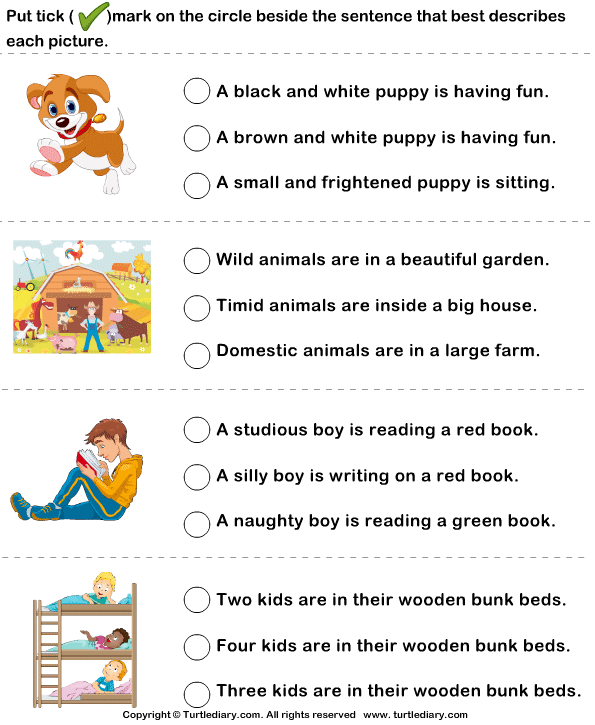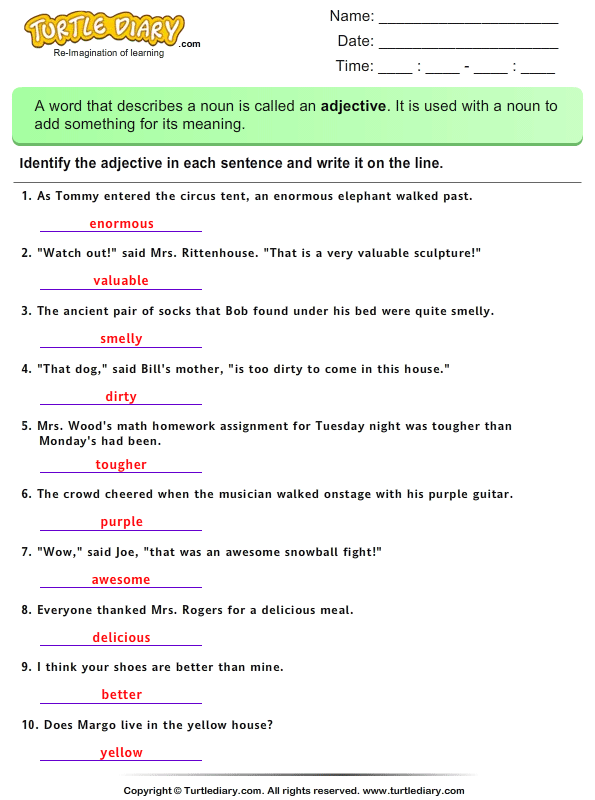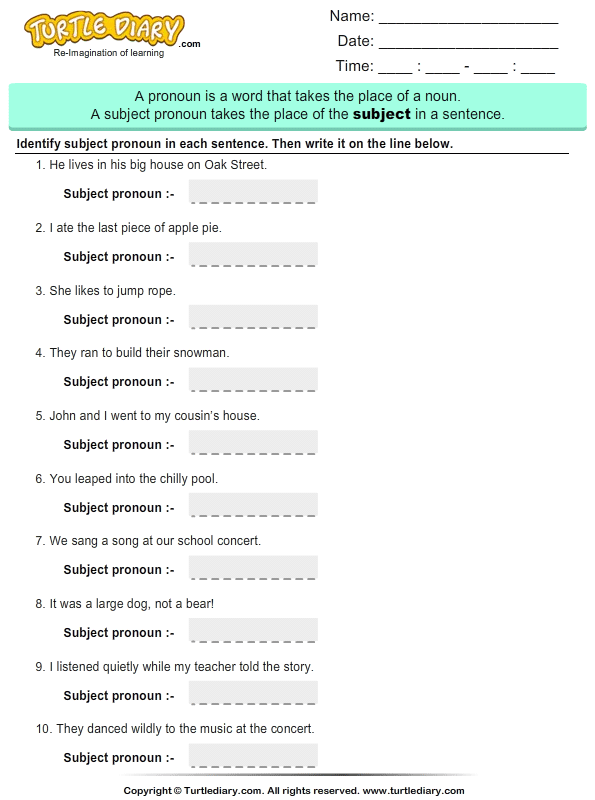
But I don't have anything against dog people.

However, this is a stylistic preference rather than a grammatical "rule". The argument against using "and" or "but" to introduce a sentence is that such a sentence expresses an incomplete thought (or "fragment") and is therefore incorrect. Merriam-Webster's Dictionary of English Usage, entry for but Part of the folklore of usage is the belief that there is something wrong in beginning a sentence with but.
Rate it in a sentence manual#
Chicago Manual of Style, 16th edition, 5.206 It has been so for centuries, and even the most conservative grammarians have followed this practice. In fact, a substantial percentage (often as many as 10 percent) of the sentences in first-rate writing begin with conjunctions. There is a widespread belief-one with no historical or grammatical foundation-that it is an error to begin a sentence with a conjunction such as and, but or so. Most major style guides agree that we can begin a sentence with a coordinating conjunction: You have not only failed the last text, but also neglected to hand in your essay on time.Sasha has neither finished her homework nor done the dishes.We can have either chicken or steak for dinner tonight.Both Mark and John have read this book.For examples, see this post on Parallel Structure and Paired Joining Terms. The first part of the coorelative conjunction provides emphasis and can often be dropped. These paired terms link words and phrases.


Although he doesn't usually eat gluten, he's eating pizza.He's eating pizza although he doesn't usually eat gluten.After my mother asked me to buy milk, I went to the store.I went to the store after my mother asked me to buy milk.For more examples, see these posts on Adverb Clauses and Adverb Phrases. Conjunctions and clauses of this type are also called conjunctive adverbs, transition words, adverb clauses, and adverb phrases. Subordinating conjunctions include after, as, although, because, before, if, since, though, unless, until, when, where, while, etc. This type of conjunction is at the start of a dependent clause that gives information about contrast, time, cause and effect, or hypothetical situations. I'm not sure what time I get off work today, so I'll get back to you about our dinner plans.
Rate it in a sentence how to#
She knows how to snowboard, but he doesn't.Do you want to go to the beach or hang out here?.For more practice and examples, try our grammar lesson on Conjunctions.

Conjunctions in this category include the famous "fanboys" ( for, and, nor, but, or, yet, so). They function as indicators of similarity, opposition, choice, etc. These conjunctions link words, phrases, clauses, or sentences that contain similar parts of speech. Though our focus today is on coordinating conjunctions, here is a brief overview on the three main types of conjunctions in English. Some conjunctions provide information-the four main functions they serve include contrast, time, cause and effect, and conditional. Review: ConjunctionsĬonjunctions are words that link two words, phrases, clauses, or sentences. But break it we should! These days, many style guides and grammarians advocate for starting sentences with conjunctions. Out with the old, outdated, prescriptivist grammar rules, they say! This is all well and good for native speakers, but what about English language learners? Let's review the different types of conjunctions in English, see what the major style guides have to say on the subject, and decide what's best to teach our students. How many times did your teachers tell you to never start a sentence with and? I heard this countless times growing up, and it's a hard habit to break. Can we start a sentence with a conjunction such as and or but? In the not-too-distant past, this was a big no-no.


 0 kommentar(er)
0 kommentar(er)
